
views
New Delhi: As Narendra Modi took oath for the second time as Prime Minister on Thursday, he sprung a surprise with the inclusion of Subrahmanyam Jaishankar in his council of ministers.
For the next couple of hours, speculation was rife about the portfolio to be allotted to the former foreign secretary. Many assumed that Jaishankar would not be given the ministry of external affairs as it would show a “conflict”, considering he had already served as part of the ministry for more than three decades. Cut to Friday, Modi sprung yet another surprise as he appointed Jaishankar as external affairs minister, succeeding Sushma Swaraj.
Shift From Tradition
This is a first for the country — India has not had a foreign secretary who has been given the position of External Affairs Minister. Yes, there have been the likes of former External Affairs Minister Natwar Singh, who is from the 1953 IFS batch. But Singh was never foreign secretary. In fact, most of the people who have served as heads of the Ministry of External Affairs have been political appointees, with no professional experience when it came to foreign policy. Sushma Swaraj’s appointment was one such appointment and she rose to become one of India’s favourite and most accessible External Affairs Minister.
Jaishankar’s appointment is a shift from tradition. With over three decades of diplomatic experience, Jaishankar has previously held positions like the High Commissioner to Singapore, Ambassador to China and also the United States of America. He had played a key role in the Indo-US civilian nuclear deal, and performance as the Indian Ambassador to the US had catapulted him to the coveted post of Foreign Secretary.
Former foreign secretary Lalit Mansingh said the development was a welcome one as having a professional diplomat at the helm of foreign affairs was always the best scenario. “It shows the importance that Modi attaches to foreign policy. We have seen it in his first term — he put in a lot of personal effort and travelled widely. And now, having a professional diplomat as a minister strengthens his hand in dealing with challenges of foreign policy. Somebody with hands-on experience and recent experience in dealing with major powers is certainly a great asset for the Prime Minister,” Singh told News18.
He added that stress on professionalism started with former Prime Minister Atal Bihari Vajpayee. “Customarily, there were two kinds of ambassadors. Those who were from the foreign service and those who were appointed outside the foreign office were political appointees. In the beginning, all the major posts were political appointees, like Moscow, Germany, London, France were handled by political appointees. During Vajpayee’s time, they reversed this and the important posts were given to professionals and other posts were given to political appointees. I’m glad that PM Modi has taken this trend to its logical conclusion and appointed a professional diplomat as the External Affairs Minister,” he added.
Former deputy National Security Advisor Satish Chandra voiced a similar opinion. “It’s a good development. You have a professional foreign service officer heading the ministry. Jaishankar is a person of known competence. He has a very good equation with the PM too. A professional appointment is any day better than a political one — no doubts on that,” he said.
Crucial Time for India’s Foreign Policy
Jaishankar comes at a crucial time for India’s foreign policy. Among other things, the United States has announced that it would be cutting out the preferential treatment that it gave to India that allows duty-free entry for over $5 billion worth of exports to the US. Further, there is a huge question mark on what India’s policy with regards to sanctions on oil imports from Iran.
India, so far, has maintained that it would take a call on the sanctions after the elections were over. Further, the Indian government had added that the sanctions would not hinder India’s oil market. Jaishankar’s experience in handling American diplomacy is certain to come in handy for the Modi government. He was the former ambassador to the US and during his time as joint secretary (Americas) at the Ministry of External Affairs, he also played a significant role in negotiating the Indo-US Nuclear deal and making it into a viable, coherent policy for both countries to work on in terms of more defence cooperation.
Further, Jaishankar is considered one of India’s strongest hands on China, having been the longest-serving ambassador to China. He has played a crucial role in increasing engagements between both countries. He is credited with having negotiated end of stapled visas that the Chinese issued to people of Jammu & Kashmir. Further, Jaishankar, as foreign secretary, is credited with helping negotiate the resolution between India and China at Doklam last year.
His views on the India-China relations became evident when last year he told a committee on external affairs, which was headed by Congress leader Shashi Tharoor, that border issue between India and China is the “world’s largest real-estate dispute” and the committee should not have an expectation that the transgressions will somehow go away. India-China ties, in the last four years of Modi’s first term, have seen many ups and downs and to the credit of both governments, they have held several bilateral meetings at multiple levels and informal summits to strengthen ties. But India’s concerns with Xi Jingping’s ambitious Belt and Road Initiative (BRI) threatening its sovereignty would be something that Jaishankar would be tasked with to handle.
Jaishankar’s stand on Pakistan, during his time as foreign secretary, has mostly rode on making terror as the basis of talks with regards to Jammu & Kashmir. Post his retirement, speaking at the Jasjit Singh Memorial Lecture on National Security, Jaishankar had made it clear that India would extend its hands as long as Pakistan behaved well. Now, with a new government in Pakistan under Imran Khan and the worsening ties between both countries post Balakot, it is only to be seen if and when Jaishankar decides on talks with Pakistan.










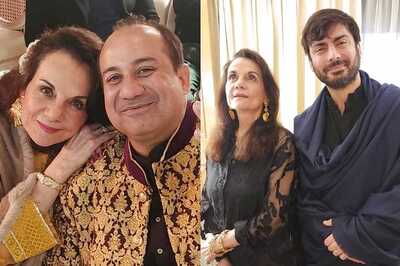
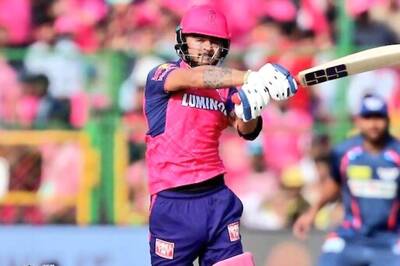

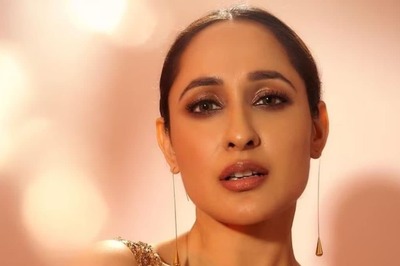
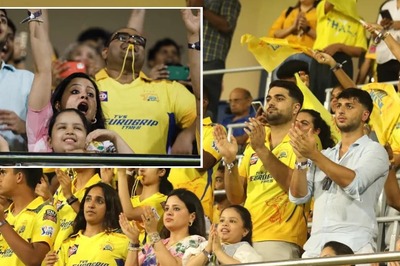

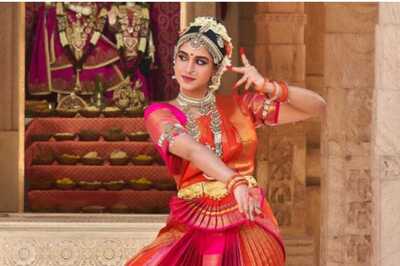
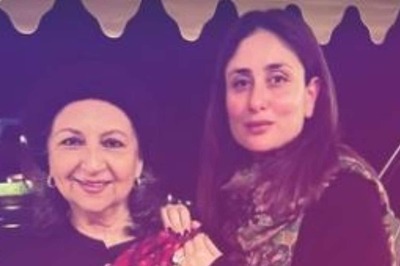


Comments
0 comment